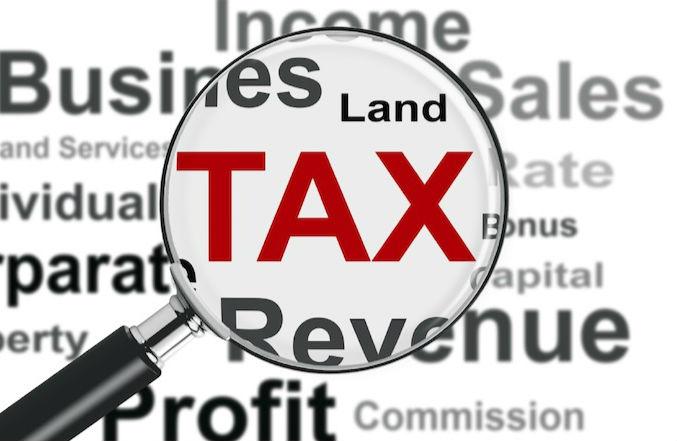RIGA, March 6 (Xinhua) -- A steering group will be formed to work out Latvia's tax reform, Prime Minister Maris Kucinskis told reporters after a meeting of Latvia's tripartite government coalition on Monday.
According to the government's plan, the panel would include representatives of entrepreneur organizations, regional government and urban associations, cabinet ministers, representatives of ruling coalition parties, as well as leading members of the parliament's budget and finance committee, social and labor affairs committee, and economic, agriculture, environmental and regional affairs committee.
As part of the sweeping tax reform, the Latvian finance ministry proposes to cut the personal income tax rate from the current 23 percent to 20 percent, abolish the so-called solidarity tax which is charged on high salaries, but to leave the small business tax in place.
The 20 percent personal income tax rate would only apply to income not exceeding 45,000 euros (47,612 U.S. dollars) a year, while those earning more would pay a 23-percent income tax.
Other tax measures proposed by the finance ministry include raising the minimum monthly wage to 430 euros.
The tax rate on companies' distributed profit would be set at 20 percent, but reinvested profit would be exempt from taxation.
While the ministry recommends leaving the rate of value added tax (VAT) unchanged at 21 percent, it has called for a wider use of the reverse charge mechanism and a debate on a gradual excise hike and raising taxes on gambling, lotteries and real estate.
Using the average gross monthly wage to illustrate the tax reform's effect on working people's income, the ministry said that the net monthly wage would grow from the current 641.30 euros to 680.90 euros.
Bank of Latvia governor Ilmars Rimsevics has warned, however, that the proposed tax reform would widen Latvia's budget deficit by an estimated 1.5 to 2.0 percent. Enditem




 A single purchase
A single purchase









